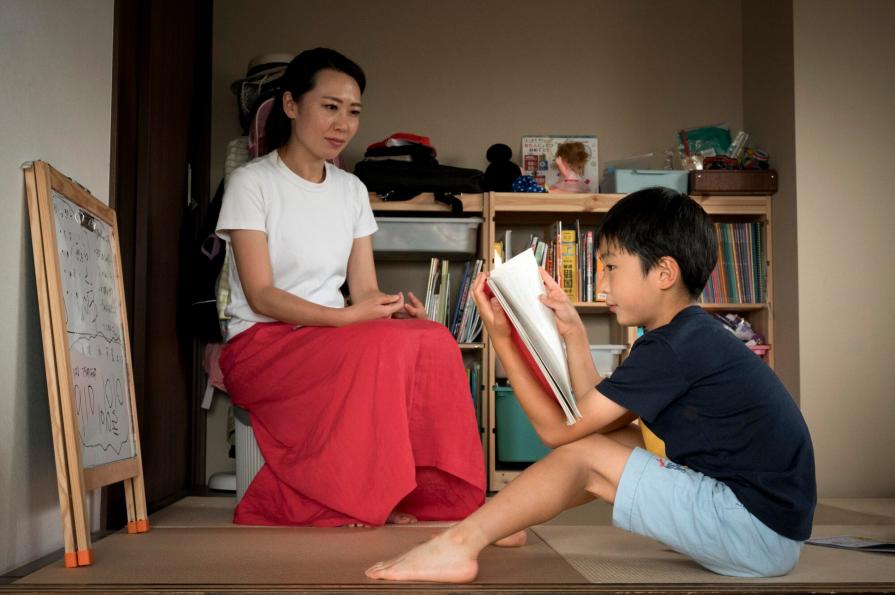If you compare the Chinese and European models of upbringing, you can come into a slight culture shock, because in China children are brought up with iron discipline, and many people think this is excessive strictness, bordering on tyranny. But the results speak for themselves: Chinese schoolchildren show phenomenal academic success, and adults grow up to be hardworking, disciplined and persistent.
How does this system work and what character traits does it form?
Childhood as an investment: a child must become the best
In China, parents treat raising a child as a serious project. His goal is to succeed. There are simply no middle peasants in a country with a population of one and a half billion: the competition is too tough. If you want to achieve something, work, study, improve!
Therefore, Chinese children have practically no free time, their day is scheduled by the minute: school, additional classes, circles, sections, homework. They work from early childhood, getting used to the idea that only through effort can you achieve something.
Of course, there is affection and love in the family, but the expectations of parents are also huge. Pampering, complaints of fatigue, requests to "feel sorry" are not an option: either you try and become successful, or you miss the chance for a decent life.

Strict control and punishment
In Chinese families, parental authority is absolute: all important decisions are made by adults, and the child is obliged to obey. Studying is also under constant control: mom or dad checks homework until entering the university. "Will he figure it out on his own" or "is the school his area of responsibility"? No, this is not about the Chinese approach!
Control methods can be very harsh. Physical punishment is still a completely normal practice: if a child is lazy, does not study well or does not fulfill requirements, he can be scolded or even punished with a belt. There it is perceived not as cruelty, but as a way to instill discipline.
In this process, no one really cares about the child's psyche. A Chinese child has no right to complain about fatigue, any dissatisfaction is regarded as laziness. If the load seems too high, then you just need to try even harder.
School: everyone is drawn here
Chinese schools operate on the principle of "not a single laggard". Every child should study well - there is simply no other option.
Teachers are not divided into "charismatic" and "ordinary" - only responsible professionals are respected here, who are obliged to teach everyone equally well. There are no favorites here, but there is full involvement in the process. If a student does not understand the material, teachers will work with him until he masters what he needs.
The Chinese school does not educate stars - it prepares personnel. It does not matter whether the child has natural abilities or not, the main thing is his perseverance and hard work. The system is built in such a way that in the end all children come out with approximately the same level of knowledge.

What qualities does the Chinese system form?
A harsh but effective model of parenting develops in children:
- Phenomenal diligence – the habit of working hard,
- Perseverance is the ability to concentrate on one thing for hours,
- Patience – it is not the pace that is important here, but the final result,
- Discipline is following clear rules without trying to challenge them.
Every child, even if they are not a genius, goes through this process and eventually becomes a specialist in their field. In China, it is not natural talent that counts, but perseverance.
Parents are the absolute authority
In China, respect for elders is not just a rule of good manners, it is a law of life. Parents and grandparents have unconditional authority, their word is not discussed. If an adult says "no", this is the final decision. It is useless to ask, persuade, cheat. In European families, children often try to "negotiate" with their parents, but in China this does not work. The entire system of education is built on strictness, and any violation of the rules entails punishment. There is no place for "indulgences", "exceptions" or "incentives for effort".
Harsh, but effective?
One can argue for a long time how humane such a system is: European parents find it too harsh, but the Chinese have been accustomed to it for centuries. Yes, there is no softness in this model, but there is clarity, discipline and a stable result.
What do you think? Is it worth borrowing from the Chinese their system of upbringing, or is it better to leave children more freedom?










